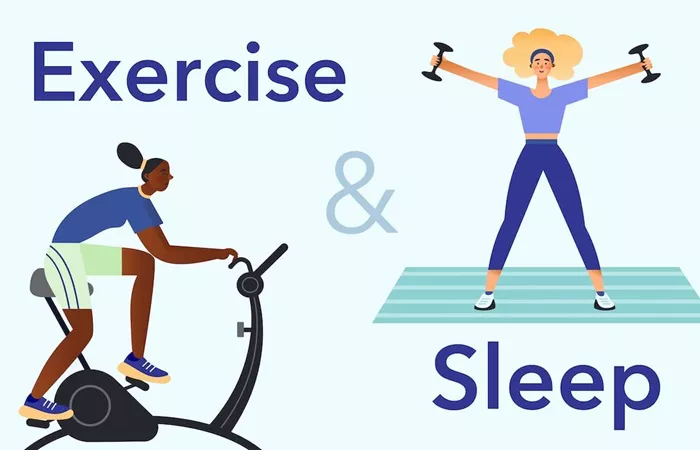Attention Deficit Hyperactivity Disorder (ADHD) is a prevalent condition impacting both children and adults, characterized by challenges in attention, impulsivity, and hyperactivity. The National Institute of Mental Health (NIMH) notes that these symptoms can significantly disrupt daily functioning and development. Typically, ADHD symptoms manifest in childhood, often before the age of 12, with early signs sometimes appearing during preschool years. These symptoms may persist into adolescence and adulthood.
To receive a diagnosis, children aged 16 and under must exhibit at least six symptoms of inattention, hyperactivity, or impulsivity, while individuals over 16 must show at least five symptoms.
Dr. Geetika Shroff, Co-founder of Lighthouse Counselling Centre in New Delhi, explains that inattention can manifest as difficulties in focusing, making careless mistakes, misplacing items, and becoming easily distracted. Hyperactivity often presents as excessive fidgeting, an inability to remain seated, running or climbing in inappropriate settings, and excessive talking. Impulsivity is reflected in behaviors such as interrupting others, struggling to wait for one’s turn, and making hasty decisions without sufficient thought. Such symptoms can significantly impact the daily lives of individuals with ADHD.
Dr. Shroff emphasizes the critical role of a healthy diet, regular exercise, and sufficient sleep in managing ADHD symptoms. Here’s how these lifestyle factors contribute:
Balanced Nutrition
A diet abundant in fruits, vegetables, whole grains, and lean proteins supports brain function and can alleviate ADHD symptoms. Omega-3 fatty acids, commonly found in fish and flaxseed, are particularly beneficial.
Sugar and Additives
High sugar consumption and artificial additives can worsen hyperactivity and inattention. Reducing processed foods and sugary snacks is essential for symptom management.
Micronutrients
Deficiencies in iron, zinc, magnesium, and vitamin B6 can negatively impact attention and behavior. Ensuring adequate intake of these nutrients is crucial for managing ADHD symptoms.
Physical Activity
Regular exercise enhances brain function and improves attention, impulse control, and hyperactivity. Activities such as swimming, running, and team sports are excellent choices.
Structured Routines
Exercise regimens that incorporate structure and discipline, such as martial arts or dance, can help children with ADHD develop better self-control and focus.
Brain Health
Physical activity boosts levels of brain-derived neurotrophic factor (BDNF), which supports cognitive function and may reduce ADHD symptoms.
Consistent Sleep Schedule Maintaining a regular sleep schedule is vital for regulating the body’s internal clock, improving attention, and reducing impulsivity and hyperactivity.
Quality Sleep
Poor sleep quality can exacerbate ADHD symptoms. Creating a sleep-conducive environment that is cool, dark, and quiet can enhance overall sleep quality.
Sleep Hygiene
Improving sleep patterns involves limiting screen time before bed, avoiding caffeine in the late afternoon, and establishing a calming bedtime routine. These practices can significantly benefit overall ADHD management.
In conclusion, managing ADHD effectively involves a holistic approach that includes balanced nutrition, regular physical activity, and restorative sleep. By adopting these lifestyle changes, individuals with ADHD can experience improvements in their symptoms and overall well-being.
Related Topics
Identifying Micronutrient Deficiencies in Children: Key Signs and Solutions
Simple Dietary Change Could Enhance Nutrient Intake and Health
The Positive Impact of Physical Activity, Nutrition, and Sleep on Health


































